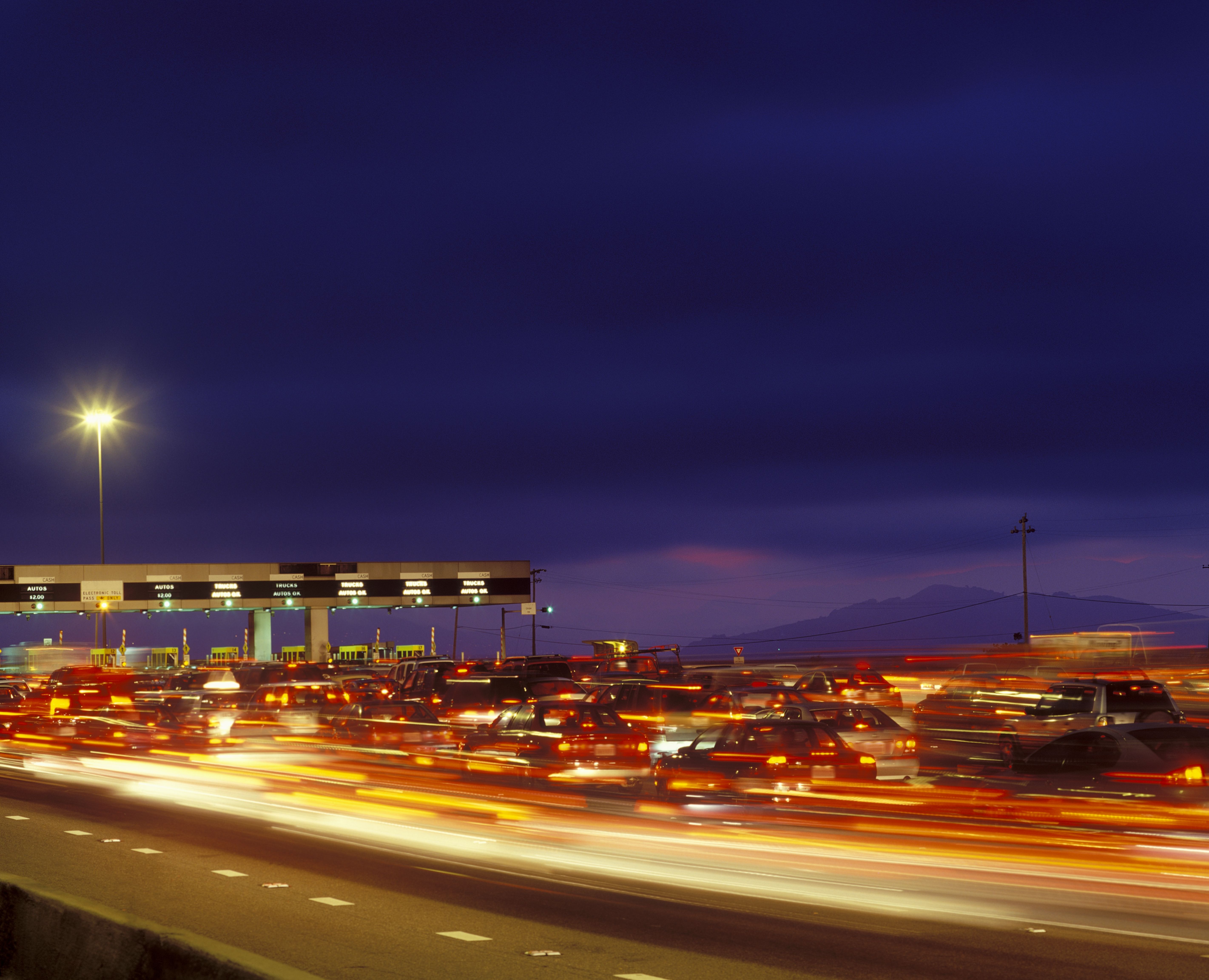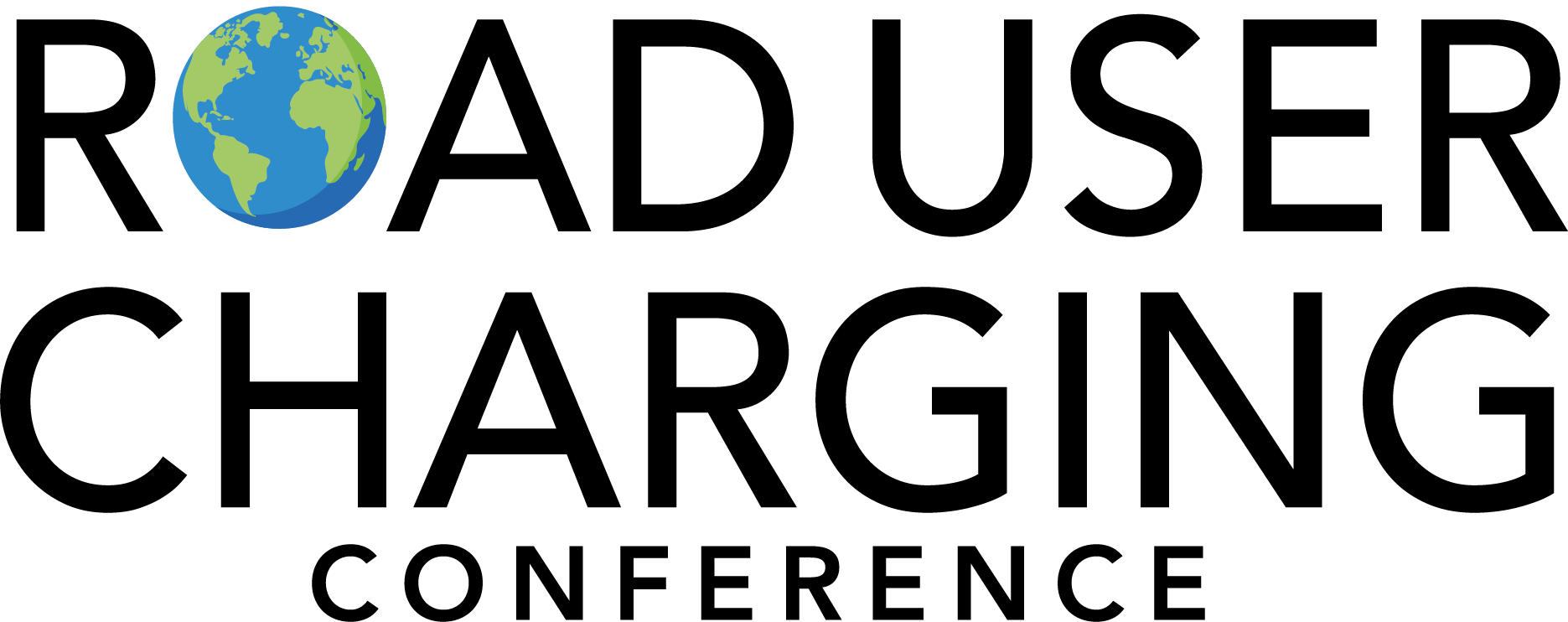Road User Charging Conference 2025: Meet the speaker – Jan Strijk, RDW (Netherlands Vehicle Authority)
)
Taking place on 4-5 March 2025 at the Steigenberger Wiltcher’s in Brussels, Belgium, the 22nd annual Road User Charging Conference will discuss the latest developments in user-financed transportation.
The prestigious two-day gathering attracts industry leaders, policymakers and innovators from across the world and serves as an essential forum for active discussion, knowledge exchange and peer-to-peer learning on best practices for planning, financing, implementing, operating and maintaining tolling, road usage charging and mobility pricing schemes on motorways, highways and in urban environments.
One of the experts confirmed to speak at the event is Jan Strijk, tolling director at RDW (the Netherlands Vehicle Authority), where he has responsibility for implementing two tolling schemes in the Netherlands, as well as establishing a toll charger organisation.
At the conference, Strijk will share insights from the initial months of free-flow tolling in the Netherlands and provide an update on preparations for the Dutch truck tolling system set to launch in 2026.
Name: Jan Strijk
Job Role: Tolling Director
Organisation: RDW (Netherlands Vehicle Authority)
What is the best aspect of your job?
Having the responsibility to implement two tolling schemes in the Netherlands, including establishing a toll charger organisation, is incredibly rewarding. It’s fulfilling to contribute to a project that will have a lasting impact on mobility and infrastructure. Additionally, the truck tolling scheme’s net proceeds – around €250m annually – will be reinvested in the transport sector, supporting innovation and sustainability. Knowing my work contributes to sustainability is especially gratifying.
What is the biggest challenge facing those with responsibility for user-financed transportation in 2025?
The Netherlands lacks a strong tolling tradition, so the main challenge is familiarizing the public with the concept of paying tolls. Building trust and public acceptance is critical for the success of these initiatives.
What’s your best piece of advice for those looking to implement user-financed transportation solutions?
Start by prioritising the road user’s perspective. A user-centric approach fosters greater acceptance and smoother implementation of tolling systems. Additionally, tolling projects are IT-based, so having the necessary expertise and resources is crucial. At RDW, we leverage our in-house IT organisation for these efforts.
Does legislation help or hinder development in the sector?
European legislation has been vital in standardising tolling practices. As one of the last European countries to introduce truck tolling, we’ve benefited significantly from the harmonised frameworks established in neighbouring countries. These frameworks made it easier to design a compatible system and for the transport sector to adapt.
How will the business of user-financed transportation have changed by 2030?
By 2030, I hope connected vehicles will play a key role in route registration. This technology has the potential to make tolling systems more seamless, efficient and user-friendly.
Why are you looking forward to speaking at Road User Charging Conference 2025?
I’m excited to share insights from the initial months of free-flow tolling in the Netherlands and provide an update on preparations for our truck tolling system set to launch in 2026. The conference is also a valuable opportunity to learn from countries with more experience in tolling and to exchange insights with industry peers.



